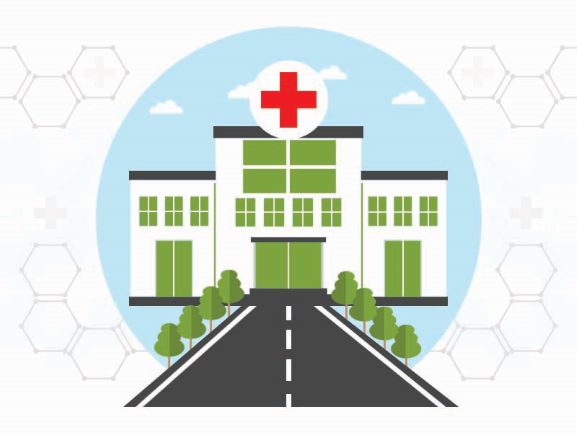Lome: With the burden of cardiovascular disease, mental and neurological disorders and diabetes rising in the region, African health ministers have endorsed a new strategy to boost access to the diagnosis, treatment and care of severe noncommunicable diseases.
On Tuesday, the health ministers, gathering for the Seventy-second session of the World Health Organization (WHO) Regional Committee for Africa in Togo, adopted the strategy known as PEN-PLUS, A Regional Strategy to Address Severe Noncommunicable Diseases at First-Level Referral Health Facilities.
The strategy supports building the capacity of district hospitals and other first-level referral facilities to diagnose and manage severe noncommunicable diseases early, resulting in fewer deaths.
Severe non-communicable diseases are those chronic conditions that that lead to high levels of disability and death among children, adolescents and young adults if left undiagnosed or untreated.
In the worst cases patients live no longer than a year after diagnosis.
In Africa, the most prevalent severe noncommunicable diseases include sickle cell disease, type 1 and insulin-dependent type 2 diabetes, rheumatic heart disease, cardiomyopathy, severe hypertension and moderate to severe and persistent asthma.
"Africa is grappling with an increasingly hefty burden of chronic diseases whose severe forms are costing precious lives that could be saved with early diagnosis and care," said Dr Matshidiso Moeti, WHO Regional Director for Africa in a media release on Tuesday.
"The strategy adopted today is pivotal in placing effective care within the reach of patients and marks a major step in improving the health and wellbeing of millions of people in the region," Dr Moeti added.
In most parts of Africa, severe non-communicable diseases are treated at tertiary health facilities, which are mostly in large cities.
This exacerbates health inequities, as it puts care beyond the reach of most rural, peri-urban and lower-income patients, who can often only easily access district hospitals and local health centres.
These facilities lack the capacity and resources to effectively manage severe non-communicable diseases.
The strategy adopted today urges countries to institute standardized programmes to tackle chronic and severe non-communicable diseases by ensuring that essential medicines, technologies and diagnostics are available and accessible at district hospitals.
Only 36% of countries in the African region reported having essential medicines for noncommunicable diseases in public hospitals, according to a 2019 WHO survey.
Governments should also ensure that people seeking care in private hospitals can access services for severe non-communicable diseases.
Cek Berita dan Artikel yang lain di Google News
FOLLOW US
Ikuti media sosial medcom.id dan dapatkan berbagai keuntungan



















